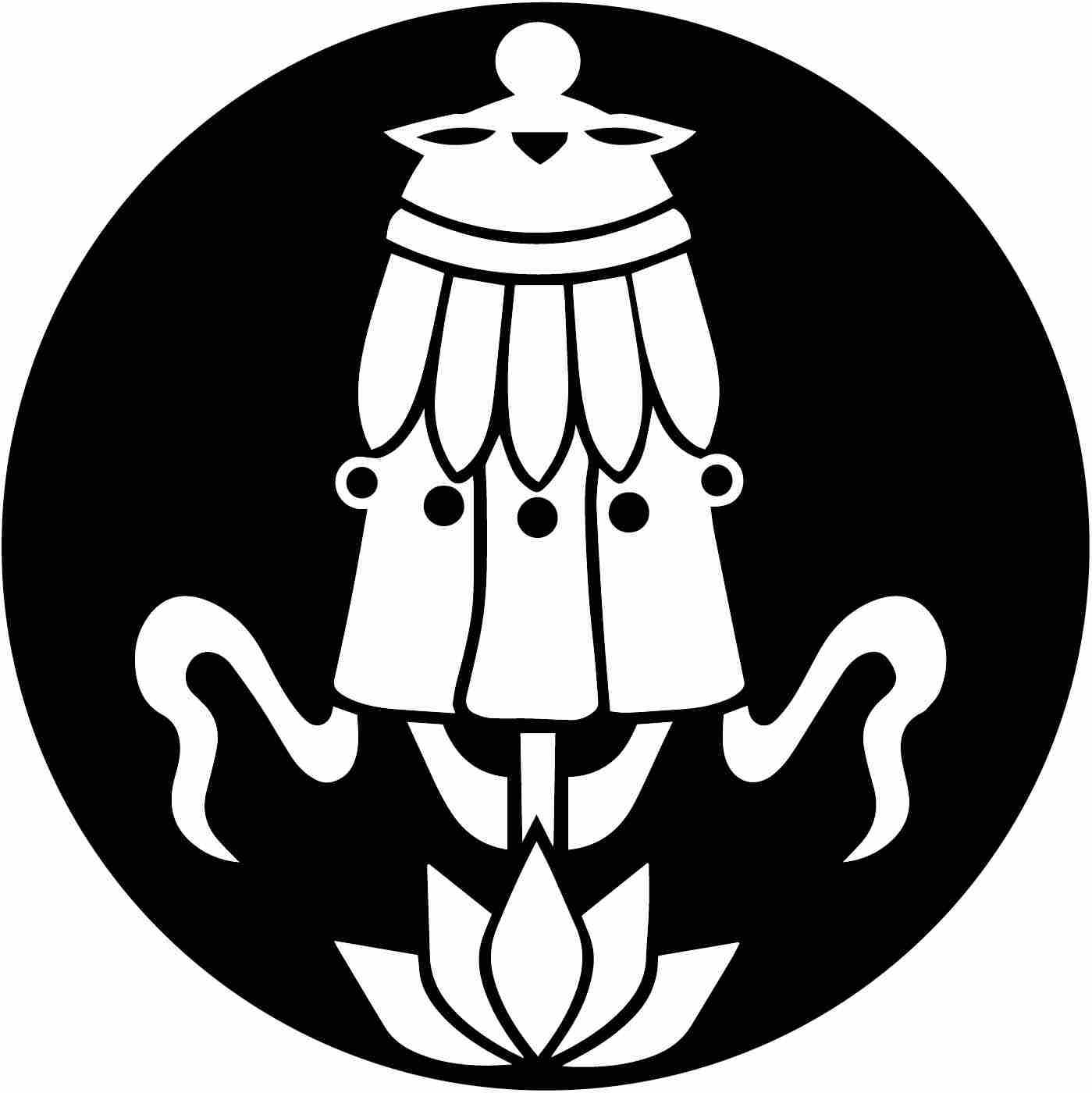The Earth and Sky Never Meet

Listen without distraction, I say. I can feel her grip tighten on my hand. In the sky the moon hangs like an ear.
The earth and sky never meet, but the children of men do, I say. Once there are three brothers. They live in a ger by a bend in the Singing River.
Does the river sing all the time, day and night, asks the little girl. I can tell it is no idle question, that nothing I say is being taken lightly.
No, I say. It only sings to those with the patience to hear it. I wait a spell for her to respond to this, but when she does not speak, I continue.
One winter the brothers’ animals die one by one until all they are left with is an old blind mare. When all the other animals are gone, the old mare no longer sleeps outside. Each night she hobbles into the ger, her big wet eyes like moons. One night Oldest Son goes to ladle a cup of airag out of the barrel by the door. Suddenly the ger fills with the sound of the wooden ladle scraping the bottom, the sound like a fish hook dragged over rocks. In the morning when the sun rises Oldest Son and Second Brother tell their third brother, Simpleton, that they are going out beyond the grasslands to make their fortune in the world, only to return when they are rich. From the doorway Simpleton watches them disappear over the horizon.
On the grasslands, winter drags on. In the larder there is less and less to eat. Your brothers are not coming back, says the old mare one snowy night, her eyes wet as eggs.
You don’t know that, says Simpleton brightly.
The old mare sighs. Then drink of my milk, says the animal, and Simpleton gets down on his knees and reaches up for the shriveled teat with his mouth.
Spring comes and goes. Summer burns the grasslands. Then it is fall. Each night Simpleton curls under the old mare’s belly, the outline of her ribs like the staves in a barrel as he drinks his fill, the animal’s milk perfectly sour yet fizzy, as if it ferments into airag right there in her teat.
Your brothers are not coming back, says the old mare. Do you know it now?
Yes, says Simpleton, and after he packs up the few things he cares about in this world—a lucky anklebone, a scrap from his mother’s dress—he and the old mare walk side by side out of the grasslands following the Singing River.
It’s easy for him to find his brothers because the river tells him where to go, says the little girl.
Yes, I say. In the truck’s cab two of the men are playing cards. All around us the grasslands lie dark as an ocean. Each night as they lie down to sleep, the river sings to Simpleton and the old mare, I say, telling them which way to head. Within a month the two find his brothers sleeping in a cave. Then Simpleton informs Oldest Son and Second Brother that he comes to join them so they might go forth together to make their fortune in the world. His brothers laugh.
It is harder to make one’s fortune in the world than we could ever imagine, says Second Brother. How can you help us when you walk beside your horse as if it is your equal?
She is my equal, says Simpleton. And how I may help you that is not for me to say, he says. But let us go. And so they go.
The girl is looking at the sky. I am not sure if she is listening. Quickly I relate how Simpleton’s honesty and compassion to various animals he and his brothers encounter along the road are paid back in full when all three brothers are charged with an impossible task by a magician. With the help of his animal friends, Simpleton marries the Khaan’s daughter and comes into possession of a herd of ten thousand. Because he is a kind man, he gives to his brothers the older sisters of his wife.
I finish my story, secretly relieved to find my way to a suitable ending. For a long time my only reward is the night’s silence.